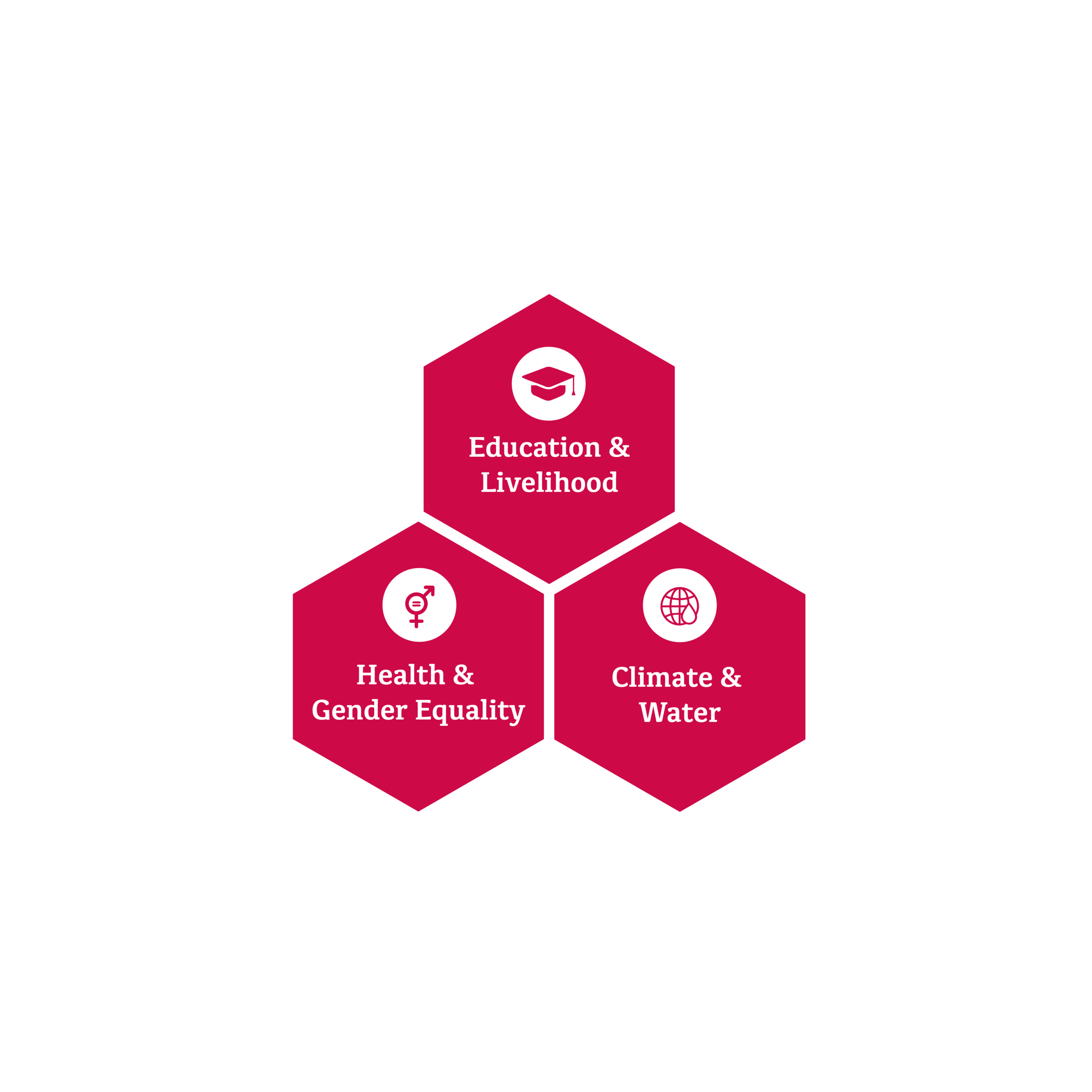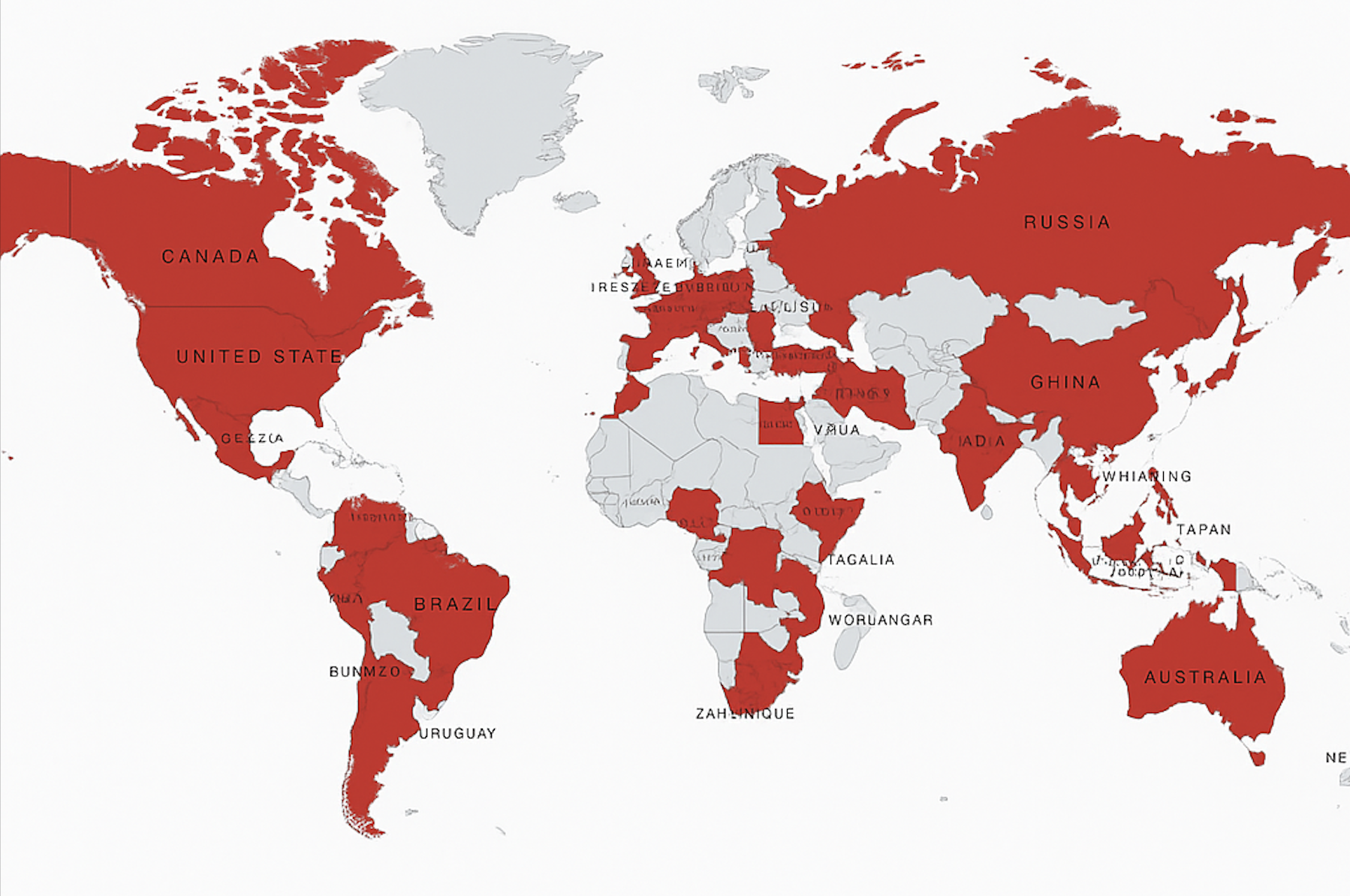Amrita Vishwa Vidyapeetham advances international collaboration on SDG data gathering through structured global networks such as SustIN (International Network for Sustainable Innovation and Development). SustIN is an international sustainability consortium comprising universities, UNESCO Chairs, NGOs, civil society organisations, and policy actors across multiple countries, enabling cross-country data collection, sharing, indicator development, and comparative SDG analysis.

In 2024, the SustIN Global SDG Survey, coordinated by SustIN under Amrita’s UNESCO Chair on Experiential Learning for Sustainable Innovation and Development, engaged more than 140 institutions worldwide. The initiative brought together international universities, UNESCO Chairs, research institutions, and civil society organisations to collaboratively collect, aggregate, and analyse SDG-relevant data across social, environmental, health, water, climate, and resilience domains.
The internationally gathered datasets support SDG monitoring, evidence-based policy dialogue, capacity building, and community-level interventions, strengthening global understanding of SDG progress and challenges. This collaboration demonstrates the role of formal international frameworks and academic-civil society partnerships in enhancing the quality, comparability, and impact of SDG data, reinforcing the importance of global partnerships in achieving the Sustainable Development Goals.
Responses
Nations
SDG-related data was collected through a mixed-method, international approach coordinated via the SustIN network. A standardised, SDG-aligned digital survey was circulated to universities, UNESCO Chairs, CSOs, and research institutions, which submitted quantitative indicators, qualitative inputs, and case studies across key SDG themes, including education, health, gender, climate, water, and livelihoods.
Survey findings were further strengthened through multi-stakeholder consultations and thematic dialogues that supported validation, regional contextualization, and interpretation of results. Data was subsequently reviewed, synthesised, and comparatively analysed by SustIN coordination teams and UNESCO Chair networks to identify shared trends, gaps, and priority SDG challenges across regions.
Organizations
Responses

The SustIN Global SDG Survey is an international, multi-country data-gathering initiative coordinated through global academic and civil-society partnerships. Through collaboration with international universities, NGOs, and community organisations, Amrita University contributes to the collection, aggregation, and comparative analysis of SDG-related data across regions and continents.
The internationally gathered data supports SDG monitoring, cross-country comparison, and evidence-based decision-making, informing international sustainability strategies, policy development, capacity-building programmes, and community-based interventions. This collaborative data effort demonstrates the role of global partnerships in strengthening SDG measurement and implementation.
| SDG Theme | Key Insights from International Data |
| Health and Well-Being (SDG 3) | Health inequities, environmental health risks, and limited access to essential health services |
| Quality Education (SDG 4) | Digital divides, inclusive education gaps, and unequal access to learning opportunities |
| Gender Equality (SDG 5) | Persistent gender disparities and underrepresentation in leadership, employment, and livelihoods |
| Clean Water and Sanitation (SDG 6) | Water scarcity, sanitation gaps, and climate-induced stress on water resources |
| Livelihoods (SDG 8) | Livelihood instability, employment insecurity, income volatility, and gaps in decent work opportunities affecting vulnerable populations |
| Climate Action (SDG 13) | Hazard exposure, biodiversity loss, and increasing climate-driven risks to communities and ecosystems |
The grassroots survey provided insights for compiling the policy recommendations for Civil 20 India 2023.
